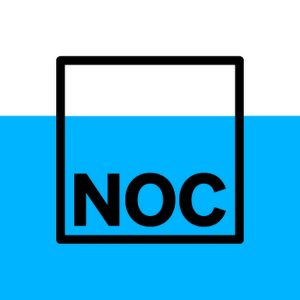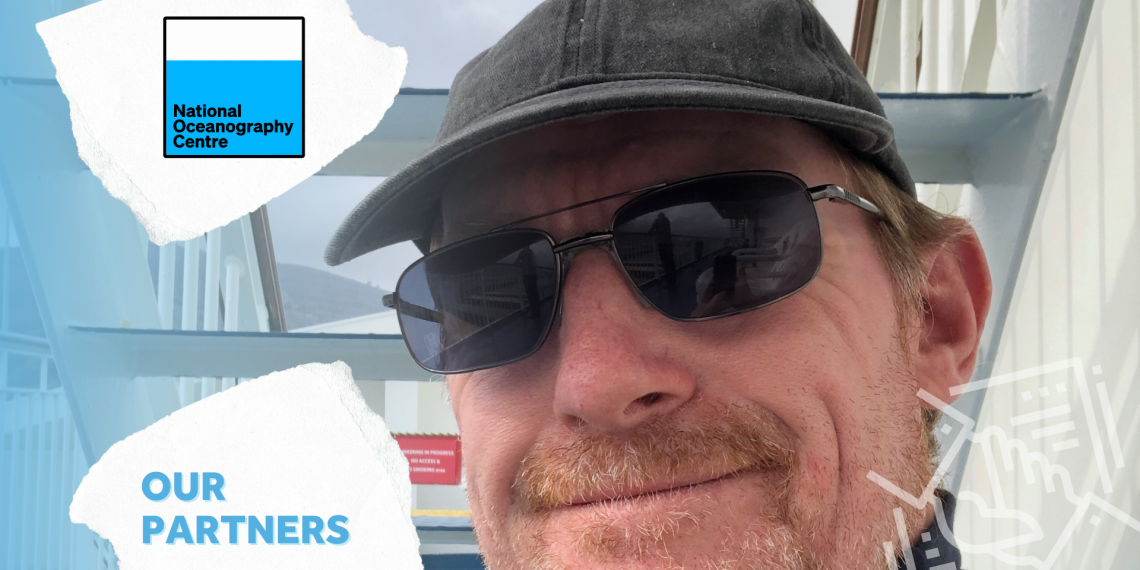The National Oceanography Centre (NOC) is one of the world’s top oceanographic institutions. It provides the UK’s National Capability needed to be a top global player, to lead and to participate in international cooperation endeavours.
In the month we celebrate the World Oceans Day (June 8), we talked to Bramley Murton, Professor of Marine Geology and leader of marine mineral processes research at NOC.

Name of the organisation: National Oceanography Centre (NOC)
Business area: Ocean sciences from coast to the deep seafloor
Name: Bramley Murton
Position in the organisation: Professor of Marine Geology and leader of marine mineral processes research
INESC TEC centre with which organisation collaborated: Centre for Robotics and Autonomous Systems (CRAS)
Project name: TRIDENT
Project manager at INESC TEC: Eduardo Silva
What is the connection between NOC and INESC TEC?
NOC has had associations with INESC TEC for many years, starting with the project VAMOS. At the time, I was already a member of the advisory board of another project involving Eduardo Silva’s lab. Although not a marine project, VAMOS dealt with underwater technology for mining flooded terrestrial mines. Today, the connection between the two institutions is much more direct, since I work directly with Eduardo Silva on a new project called TRIDENT. This project is fully marine, and it involves building a network of platforms and sensors to observe man-made disturbances in the deep ocean and on the seafloor. Amongst the main activities the network will be able to throw light on is deep-sea mining, enabling the public and regulators to monitor activities and enforce regulations to protect the environment.
What are the main results of this collaboration?
The project is in its early days, but we have a reasonably good idea of what the network will look like. It will involve robotic autonomous submarines that will seek and locate plumes of sediments and chemical toxicity, underwater gliders that will monitor the noise generated by machines on the seabed, landers that will sit on the seabed and measure sediment in the water and its fall-out, toxicity of any pollutants including noise pollution. A major challenge will be to allow the different platforms to communicate with each other and report the data to the sea surface. The final part will be a system that gathers all this data together and processes it in a system that allows observers to see what is happening in real time and to forecast where the pollutants or plumes will travel in the next 24 hours. This will trigger a ‘traffic light’ system to warn operators of impending damage and hence allow them to prevent it.
How do you rate your experience with INESC TEC?
Having visited INESC TEC many times, my favourite place is always Eduardo Silva’s lab. It is full of the most amazing gadgets, such as machines for exploring underwater mines, the turtle landers that will be used in project Trident, and most pleasing to see are the enthusiastic students working on their projects for they are the future.
What do you value the most in this collaboration?
More than anything else I value the innovative and enthusiastic spirit of the people at INESC TEC. They are positive and skilled in what they do, and always really excited about the project.
What can we expect from NOC in the upcoming years?
NOC is full of innovative engineers and scientists. We cover a large range of expertise from ocean physics to marine biology and marine geology. Over the next years we will see NOC integrate more of its autonomous technology into the science so that we rely less on ships and more on remote virtual presence in the ocean. The emphasis is also shifting from purely curiosity science (although that is very important for new discoveries) to science that address the most pressing societal need such as climate change, resources, and hazards. NOC will continue to engage and develop collaborations with the best institutes outside the UK as well as within. Through collaborations such as this with INESC TEC, NOC can both help develop new ideas and learn from others.




 News, current topics, curiosities and so much more about INESC TEC and its community!
News, current topics, curiosities and so much more about INESC TEC and its community!